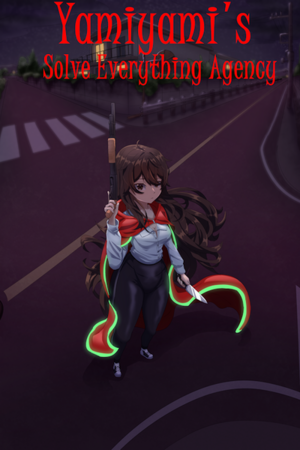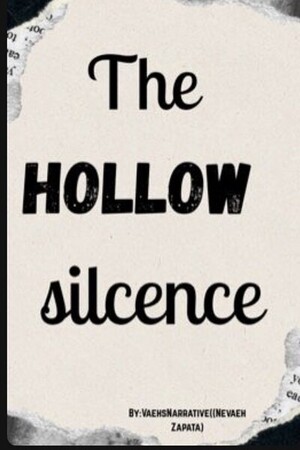Chapter 0:
Aftermath
The Time Capsule - Part 1
I start from the Aftermath because the main event was too sudden to even register with most of us. I also have not fully recovered from the shock yet, since barely a week has passed since I woke up. Writing about the 7 - 8 weeks of the so called ‘Naturecaust’ event itself is still quite traumatic. I write this account in order to place it in a time capsule meant to be opened 100 years later, whether I survive in this much sparser and more hostile new world or not.
It is an account of how I and some other survivors from Japan reacted when we first woke up and how we tried to survive afterwards. I decided to write it in English because I am not sure who the eventual recipients of my time capsule are going to be, and I also wanted it to be readable by as many people as possible.
My name is Asahi Kaito, and I am 24 years old. I was born in the city of Karatsu, in Saga Prefecture, but I was living as a student in Ikebukuro and Mejirodai, Tokyo when the event happened, working and studying for my PhD. Quite ironically I am an evolutionary biologist and my PhD thesis was titled “The role of human activity stressors on the evolution of flora and how their genome might mutate to cope in response”.
There were only about 2 months left before I was to submit my nearly complete PhD thesis when nature apparently decided it had enough with our species, putting into action one of the worst case scenarios I speculated about in my PhD thesis -meant to take place over centuries or even thousands of years, not within a few weeks- and having me now feel like the Trojan Princess Cassandra.
The human population of Japan was ~123 million at the tail end of 2024. While there are no hard data at the moment it is estimated that the current population of survivors in Japan is between 12 and 12.5 million people. The same appears to apply globally, so from ~8.15 billion people at the end of of 2024 it can be estimated that the global population is now between 800 and 830 million people.
In other words there was a global culling of ~90%. The toxic pollen affected both sexes equally, however it disproportionally affected people above 30 years of age. With each added decade there were fewer survivors; somehow roughly half the children were spared, 1 out of 4 of those between 18 and 30 survived, 1 out of 8 of those in the next decade etc Above 60 years old only about 1 in 65 survived, above 70 years old just 1 in ~130, and seniors above 80 are now a very rare bunch.
This had the additional effect of drastically reducing the average age of the population -particularly in Japan, since it was quite high- but also introduced the problem of a lot of orphaned children. It almost looks like the pollen was designed with very clear and specific goals “in mind” by some intelligent entity. What might that entity be I have no idea. Could it be the so called ‘Gaia’, i.e. the super-organism of Earth's biosphere? How did the plants co-ordinate globally, even between continents, to start mutating in unison in order to generate the pollen?
Since I never finished my PhD, and the University of Tokyo no longer exists for me to do so, a part of this piece might include conjectured suggestions to the above questions. Who knows, later on I might even discover some actual evidence and hard data. Whatever I find out though, the fact remains that the dead will remain dead, and we survivors should survive by not repeating the past's mistakes. I hope those of you who read this in the future will have already managed to find the right balance between prosperity and respect of nature. Otherwise you already know what might happen..
I should end my little intro right about here. The main story, where I introduce the rest of my team, follows next. We gradually found each other and somehow stuck together for our common good and survival. I am the team leader by the way. Not that this matters, of course; if some more capable man or woman shows up who can hold us together better and command us more effectively I will happily surrender my command post. I wonder what the future holds for us, with a lot of cautious optimism in my heart.




Please sign in to leave a comment.